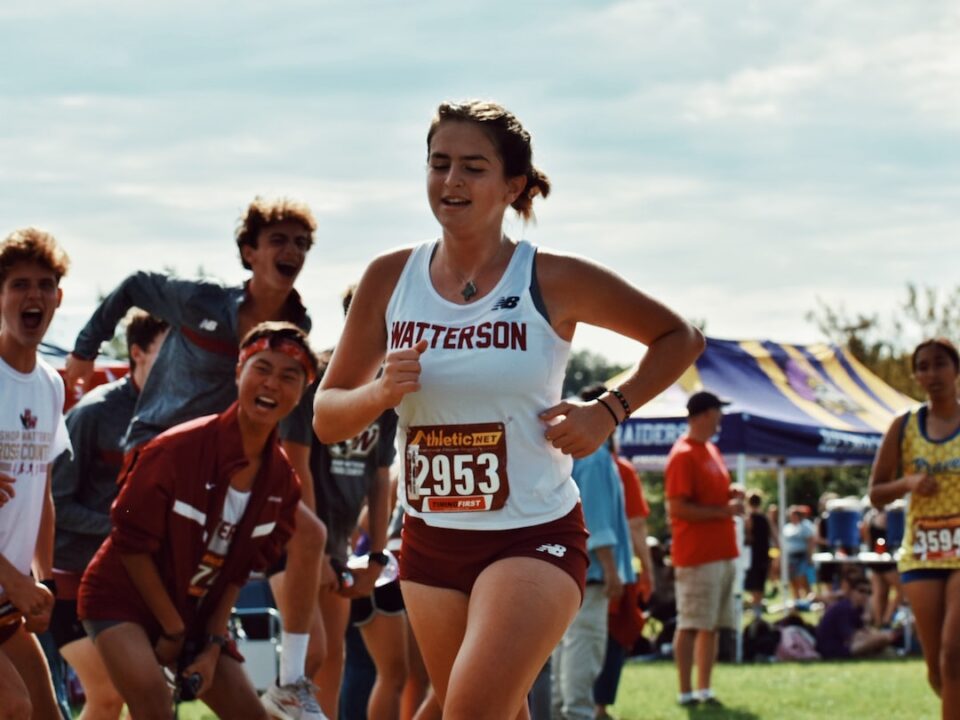Athletes are always pushing their bodies to the limit, striving to perform at peak levels. Physical exertion, as well as the mental and emotional stress that comes with competitive sports, can take a toll on an athlete’s body. That is why rest and recovery are essential components of any training regimen.
The importance of rest and recovery cannot be overstated. Athletes who consistently push themselves to the point of exhaustion are putting themselves at risk of injury, burnout, and a decrease in performance. Rest and recovery are crucial for athletes to prevent these negative outcomes and ensure they are operating at their best level.
There are many forms of rest and recovery. One of the most important is sleep. Sleep is when the body and mind can truly rest, heal and restore. It is the time when the body repairs muscles, releases hormones, and processes memories. Without enough sleep, athletes will not perform at their best. Inadequate sleep can lead to slower reflexes, increased risk of injury, and impaired cognitive function. Athletes should aim for at least 7-9 hours of good quality sleep each night, and they must be consistent in adopting strict sleep routines.
Another essential component of rest and recovery is a proper diet. Athletes who eat a balanced and nutritious diet are better equipped to rebuild their body’s worn-out tissues and replenish their energy stores. A balanced diet should contain enough carbohydrates, protein, healthy fats, vitamins, and minerals to help support an athlete’s recovery process. Hydration is also critical, especially for athletes performing in hot climates. Athletes should drink enough water before, during and after activities, to maintain their bodies’ fluid levels. Electrolyte replenishment drinks are also helpful after intense training sessions to replace lost minerals.
Also, various forms of active recovery, such as stretching, yoga, foam rolling, and light exercises, can help athletes recover from intense training sessions or competitions. Such activities stimulate blood flow and circulation, which facilitates the delivery of oxygen and nutrients to muscles to help they can heal faster. Active recovery also helps lower stress levels, improves mobility, and eases muscle soreness.
In conclusion, rest and recovery are critical factors for any athlete aspiring to achieve greatness. Athletes must accept that their bodies need time to recover and that it is crucial to provide adequate time and resources for it. Ignoring the body’s signals and failing to rest and recover can lead to serious consequences such as poor performance, injuries, and burnout. Athletes’ rest and recovery practices may vary, based on their specific needs and lifestyle habits, but the end goal is always the same- to come back stronger, faster, and more competitive than ever.

